Oil on panel, signed and dated 1941 lower right.
33 x 24 cm
Jules Coulange Lautrec: Between Provence and Art Nouveau
Jules Coulange Lautrec was born in 1861 in Marseille, into a family of artists. He was trained by his father, Emmanuel Coulange-Lautrec, a renowned painter of the Provençal school and professor at the Beaux-Arts in Marseille. Heir to regional expertise, he developed from childhood an artistic sensibility nourished by the landscapes of the South, the Mediterranean light and the figurative tradition. In his works, he combines a careful observation of rural life with a decorative aesthetic close to Art Nouveau. Bucolic scenes, figures of muleteers, people in the rain or winter landscapes testify to a painting that is at once sensitive, discreet and imbued with poetry. He also produced refined still lifes, such as Basket of Roses and Birds, revealing his taste for floral and animal compositions. Active mainly in his native region, he remained faithful to an intimate figurative style, in the continuity of his father. Less exposed than his contemporaries, he nevertheless left a body of work appreciated by lovers of Provençal painting from the turn of the century. Jules Coulange Lautrec died in 1950 in Marseille, leaving a delicate and sincere body of work, at the crossroads of regional realism and the elegant curves of Art Nouveau.


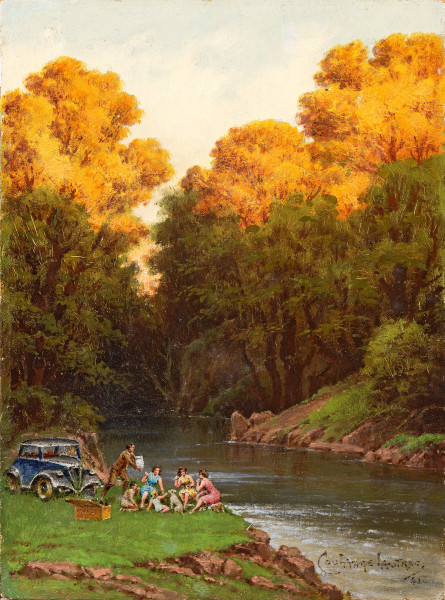



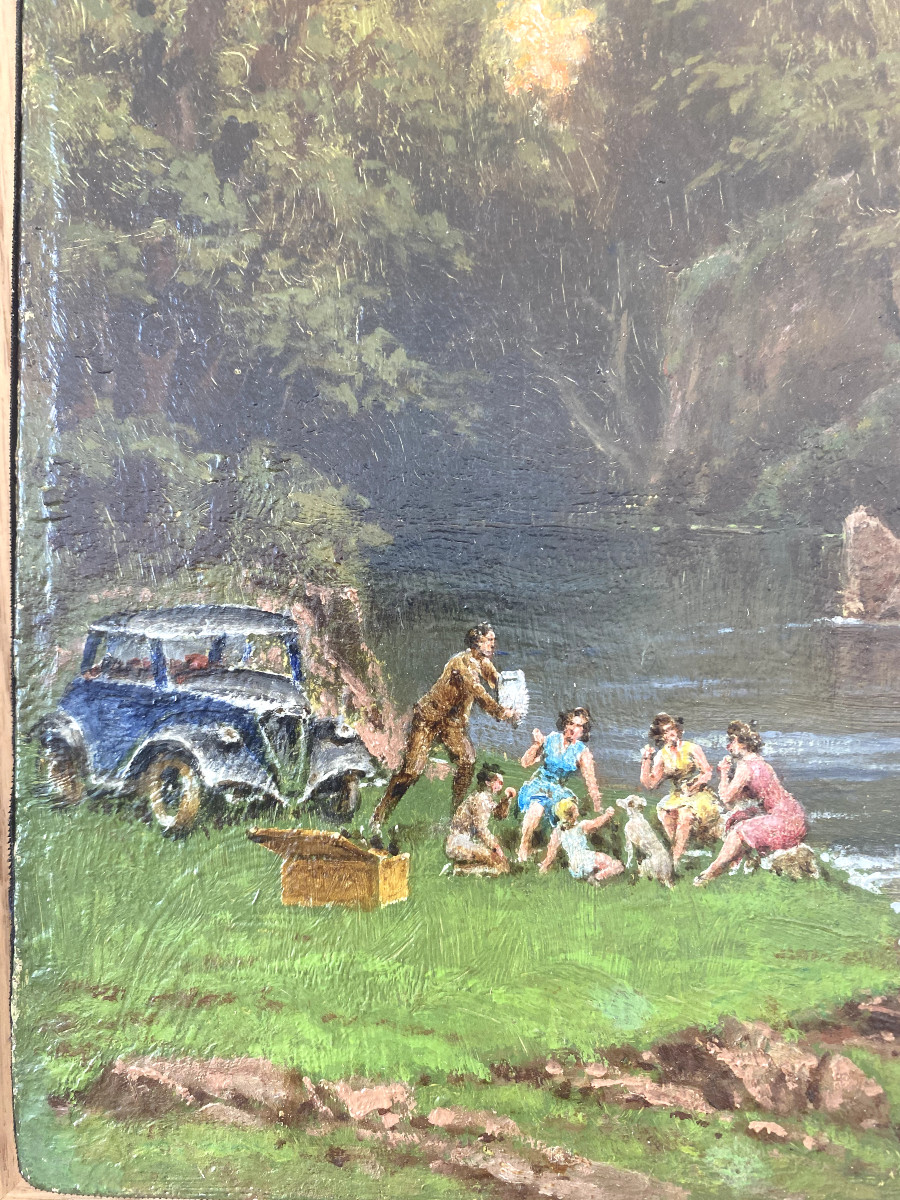













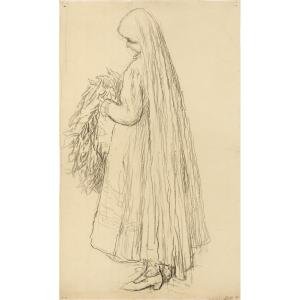

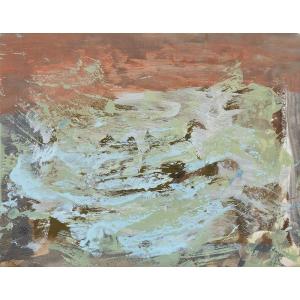

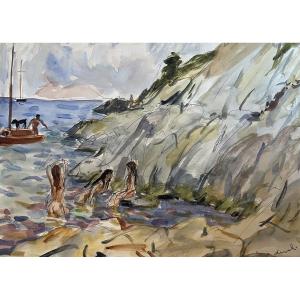



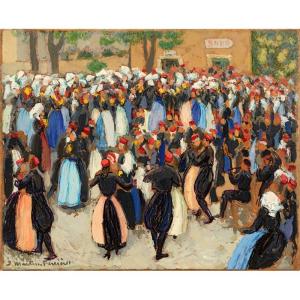


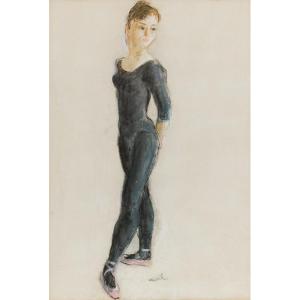
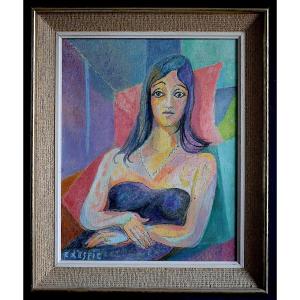







 Le Magazine de PROANTIC
Le Magazine de PROANTIC TRÉSORS Magazine
TRÉSORS Magazine Rivista Artiquariato
Rivista Artiquariato